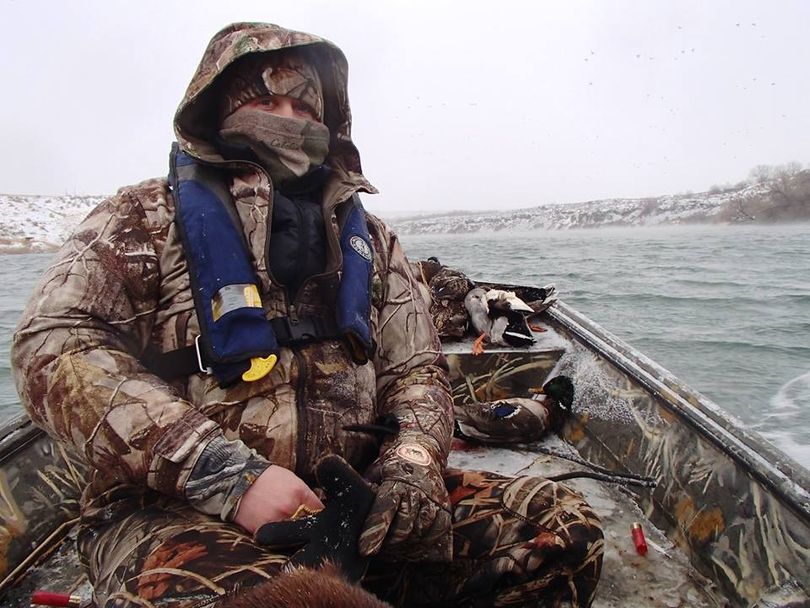Hunting accidents rare in this regon; let’s keep it that way

HUNTING -- About 200,000 people go out to hunt each year in Idaho, which ranks third highest of the 50 states in percentage of adult population participating in hunting.
Yet hunting-related accidents are rare. That's impressive considering that most hunters carry loaded guns as they venture through rugged terrain.
"Statistics show that a hunter is far more likely to be involved in an accident while traveling in a vehicle to a hunting location than while actively hunting," said Phil Cooper, Idaho Fish and Game Department educator in Coeur d'Alene.
Mistaking a person for game is the most common cause of hunting accidents in Idaho. These accidents are serious and can be fatal. Wearing hunter orange clothing during firearms seasons is a safety precaution that, in state's where it's been required, virtually eliminates the "mistaken for game" category of accidental shootings.
Idaho is one of few states that does not require hunters to wear hunter orange is not required during modern firearms seasons, but the state Fish and Game Department highly recommends wearing it.
Since human error or inattention usually is the cause of the firearms accidents that do occur, it's worth reviewing basic firearms safety each year to keep it fresh a hunter's mind.
Idaho Hunter Education Instructors have assembled basic rules to counter the most common scenarios of hunting firearms injuries. They stress in the following reminders in their classes, Cooper said:
Always control the muzzle of your firearm. As long as the muzzle is pointed in a safe direction, nobody can get hurt even if the firearm discharges unexpectedly. A safety is a mechanical device which can fail, so there is no instance where you can disregard where the muzzle is pointing simply because the safety is on.
Be certain of your target and what is beyond it. A safe hunter never shoots at sound or movement. A safe hunter makes certain that movement or sound is a game animal that is in season before pointing a muzzle. Prior to taking a shot a hunter must check the background for other people, livestock, buildings, equipment or roads to make sure there is a safe backstop.
Treat every firearm as if it is loaded. When another person hands you a firearm, assume it is loaded even if you are told it is not. Ask anyone handing you a firearm to open the action before they hand it to you. Never touch a trigger until you are ready to shoot at a game animal or a safe target.
Be sure the barrel is clear of obstructions and that you are carrying only the correct ammunition for your firearm. Any obstruction can cause a barrel to explode, and the wrong ammunition can create an obstruction.
Never point a firearm at anything you do not intend to shoot. Carry binoculars to check out the hillside. Never look through your scope at something you cannot identify.
Hand your firearm to a friend or slide it under when you cross a fence. Be careful when you are alone to keep the muzzle pointed in a safe direction as you retrieve the firearm from the ground.
Store firearms and ammunition separately. While most gun owners consider this most of the year, many of hunters leave guns and ammunition in vehicles or garages during the hunting season if they plan to hunt again. These firearms must be unloaded for safety when in the vehicle. Ammunition should always be inaccessible to children.
Alcohol and guns don’t ever belong together. If there is alcohol in your hunting camp, make certain all firearms are put away before the alcohol comes out. Showing your hunting partner grandpa’s old rifle after you have a few beers can be a tragic mistake.
